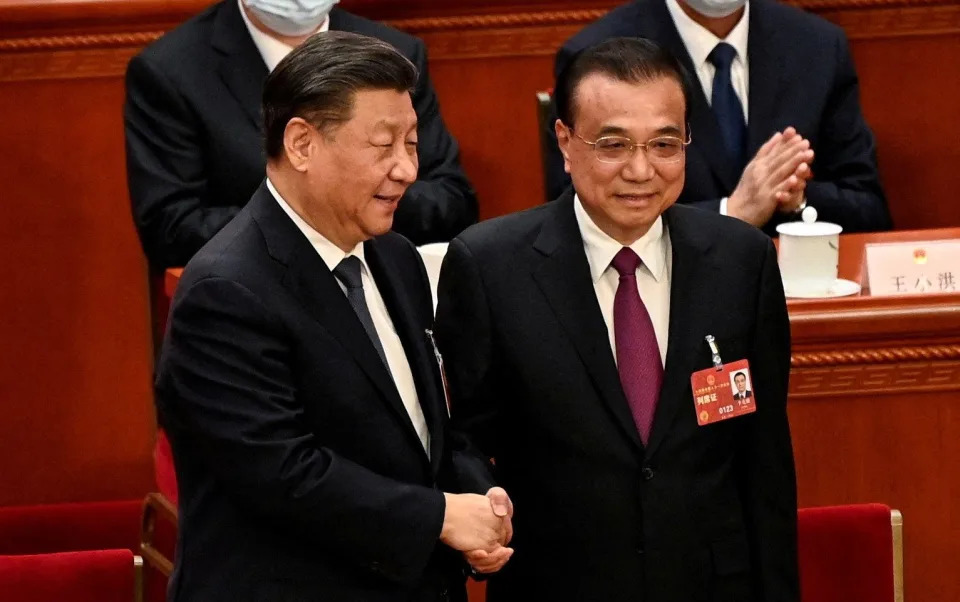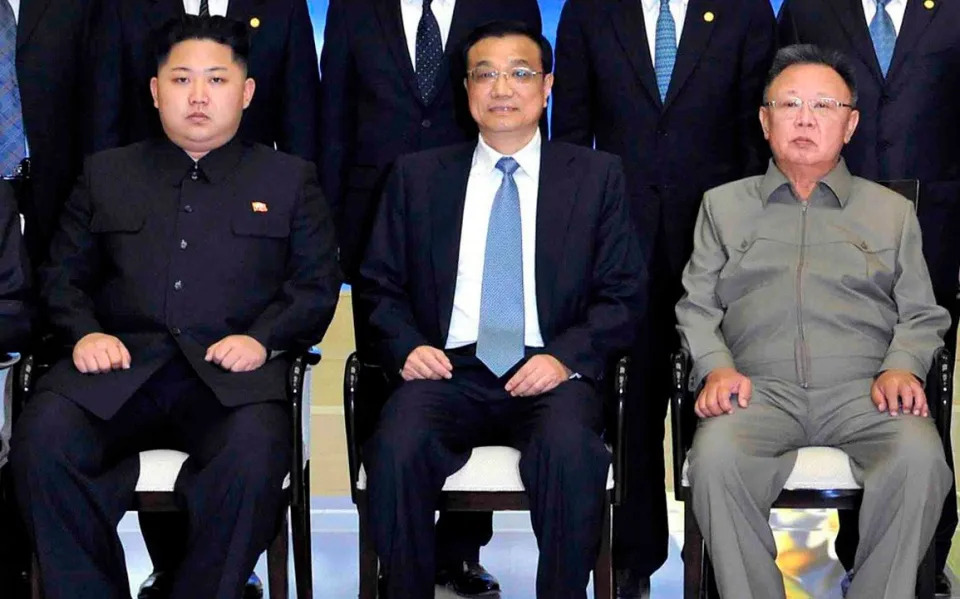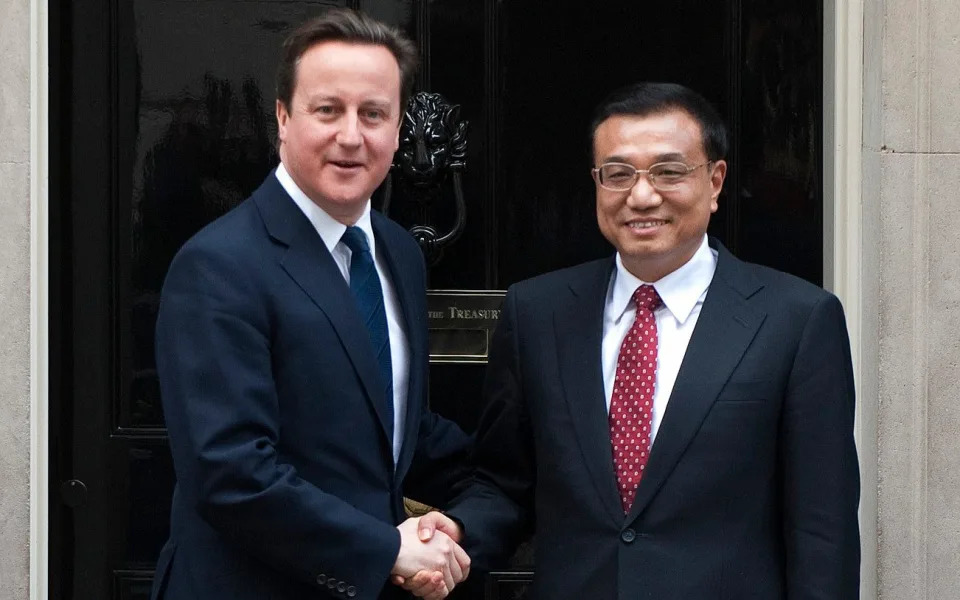Eliminated by CCP- Nothing to do with heart attack as claimed.
Li Keqiang, the former Chinese premier who spent almost a decade as No 2 to leader , has died at the age of 68, state media has reported.
Mr Li suffered a sudden heart attack on Thursday and died in Shanghai on Friday, according to state broadcaster CCTV.
“Comrade Li Keqiang, while resting in Shanghai in recent days, experienced a sudden heart attack on Oct 26 and after all-out efforts to revive him failed, died in Shanghai at 12.10am on Oct 27,” CCTV reported.
Mr Li was a key member of the Chinese Communist Party and served as the second-highest ranking member of the party’s politburo between 2012 and 2022.
During that time he was China’s top economic official and played an important role in both the market reforms that have pushed China to the brink of global economic superiority, and the political changes that have helped to consolidate the power of the Xi regime.
Reformer pushed out by Xi
Mr Li was praised for helping to steer the country through the global financial crisis relatively unscathed but his attempts at financial reforms were curtailed by Mr Xi’s overwhelming authority.
He was widely seen to have been sidelined by Mr Xi and pushed out of the role in 2022.

Educated at the elite Peking University, Mr Li was once viewed as a Party leadership contender but was increasingly ostracised by Mr Xi in recent years.
He memorably said in 2020 that over 600 million people in China earned less than the equivalent of $140 (£115) per month, sparking criticism of the country’s poverty and income inequality.
From farming town to the centre of power
Mr Li was born in Dingyuan county, a small and working-class district in the province of Anhui and was sent to toil in the fields during the Cultural Revolution.
His father was a low-ranking government official in the county’s party and Mr Li is believed to turned down a chance to lead the local party in favour of studying law at Peking.
He earned a PhD in economics and spoke fluent English, helped by his marriage to English professor Cheng Hong.

Mr Li decided against furthering his studies in the United States and joined the Communist Party Youth League in Beijing where he was mentored by Hu Jintao – China’s president between 2003 and 2013.
In 1998 he was selected as deputy secretary of the party in Henan province and a year later he became China’s youngest ever governor.
During his governorship he presided over an HIV scandal in which as many as 100,000 people may have been infected with the virus after giving blood and was widely accused of trying to cover up the disaster.
His economic reforms were more successful, and his development of the industrial province of Liaoning earned him a reputation as an anti-corruption crusader and ally of the working class.

Under the mentorship of Mr Hu, Mr Li ran against Mr Xi for the Chinese leadership in 2007 but his alleged support for an independent judiciary and parliament is thought to have cost him favour with hardliners in the Communist Party.
Covid crisis led to his downfall
He succeeded Wen Jiabao as China’s top economic official in 2013 and served under Mr Xi for his first two five-year terms.
Mr Li enjoyed remarkable success as Chinese growth accelerated markedly during his tenure but the end of his time in office was dominated by China’s zero-Covid crisis which battered the country’s economy.
“No matter how the international winds and clouds change, China will unswervingly expand its opening up,” Mr Li said at his last public appearance in a press conference in March. “The Yangtze River and the Yellow River will not flow backwards.”
Little is known about Mr Li’s private life. However, a cable leaked in 2007 revealed that the US ambassador in Beijing thought Mr Li was “engaging and well-informed” with a “good sense of humour”.
The diplomat reported that Mr Li had travelled widely in the US, visiting both coasts and the Midwest, and had a particularly fondness for Oklahoma.


